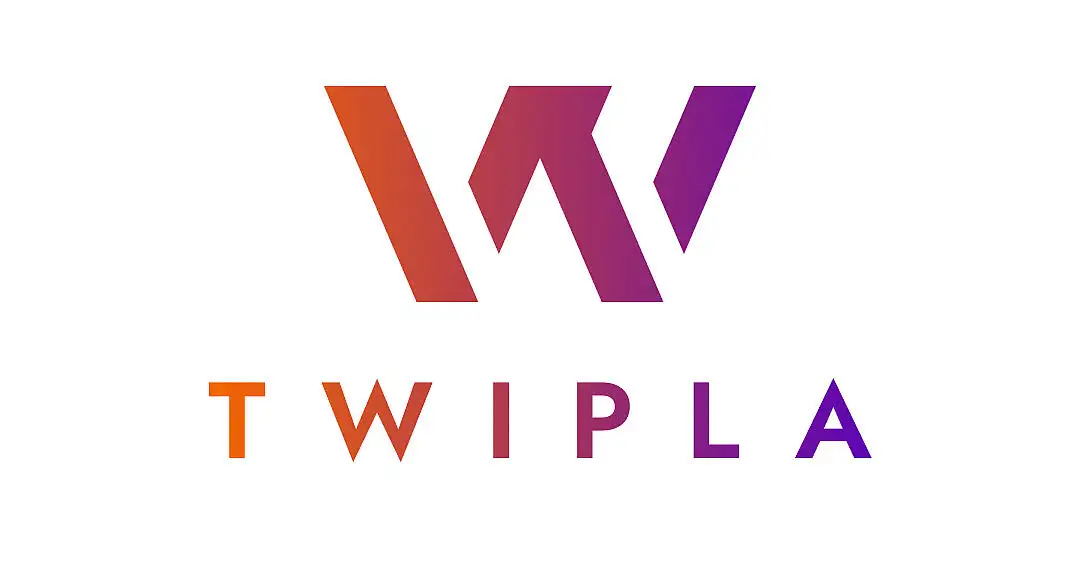Product review: HubSpot as a marketing intelligence tool
HubSpot is an all-in-one CRM platform that offers a suite of marketing, sales, customer service, and analytics tools. As a marketing intelligence platform, HubSpot enables businesses to track every touchpoint in the customer journey—from anonymous website visits to closed deals—while unifying data in a single, easy-to-use interface. This review explores HubSpot’s core analytics capabilities, behavioral tracking tools, and how it supports data-driven growth strategies.
Integrated CRM and marketing analytics
HubSpot connects its CRM with marketing automation and analytics, giving teams a full view of lead behavior and campaign performance. Every email open, page visit, ad click, or form submission is automatically tracked and tied to contact records. This helps marketers evaluate which channels and assets are driving pipeline growth and revenue.
Campaign performance tracking
Marketers can create campaigns inside HubSpot and associate all relevant assets—emails, landing pages, forms, ads, CTAs—with a single campaign record. This allows for comprehensive reporting across campaigns, including metrics like sessions, contacts generated, influenced deals, and closed revenue. HubSpot’s campaign analytics make it easy to attribute ROI to specific marketing efforts.
Website and behavior analytics
HubSpot includes robust website analytics that monitor traffic sources, page performance, bounce rates, and engagement trends. With its tracking code installed, you can also see individual visitor behavior—such as which pages a lead viewed before filling out a form—enabling smarter segmentation and personalization.
Attribution reporting
HubSpot offers multi-touch attribution models to help businesses understand which channels, campaigns, or content pieces influenced leads and customers. You can compare first-touch, last-touch, and linear attribution to guide marketing spend decisions and justify ROI across the funnel.
Custom reports and dashboards
With HubSpot’s reporting builder, users can create custom dashboards to monitor everything from lead generation and conversion rates to email performance and web traffic. The platform offers both templated reports and fully customizable ones for advanced users. Visualizations are clean and exportable, making them ideal for internal presentations and board reports.
AI-powered insights
HubSpot has integrated AI across its platform to help surface trends, recommend optimizations, and predict outcomes. Marketers can use predictive lead scoring, smart send times, and automated A/B testing recommendations to fine-tune their campaigns.
Bottom line
HubSpot is more than just a CRM—it’s a powerful marketing intelligence tool for teams that want centralized data, actionable insights, and automated workflows. With strong native tracking, attribution models, customizable reports, and AI features, HubSpot equips marketers to make smarter, faster decisions.
Its biggest strength is how seamlessly it connects all marketing activities—email, content, SEO, ads, and automation—under one roof. While pricing can be steep for growing teams and some features are gated behind higher-tier plans, the value HubSpot provides in data clarity, usability, and integration makes it a top-tier choice for businesses serious about scaling their marketing.












